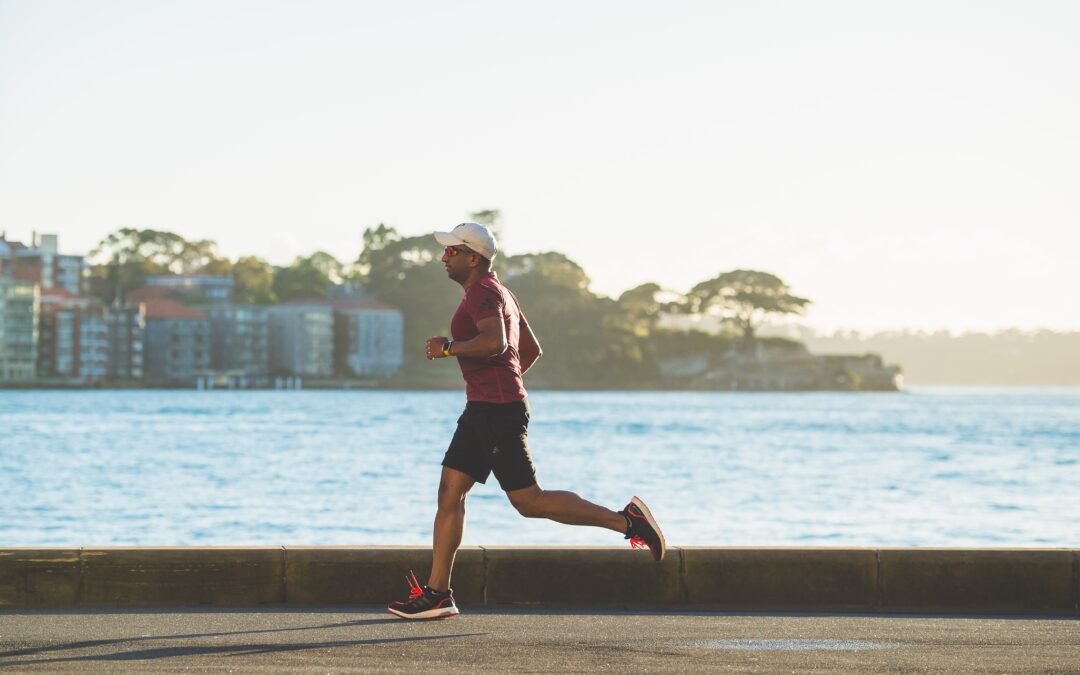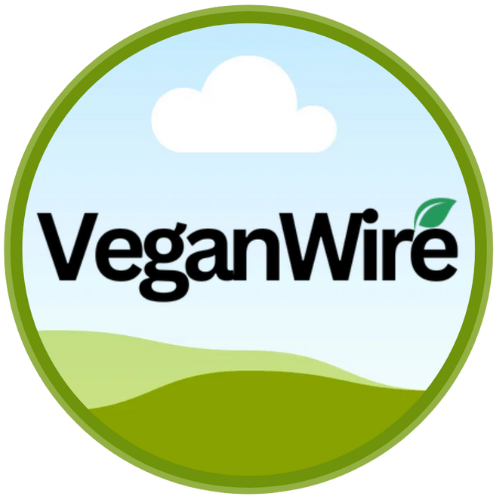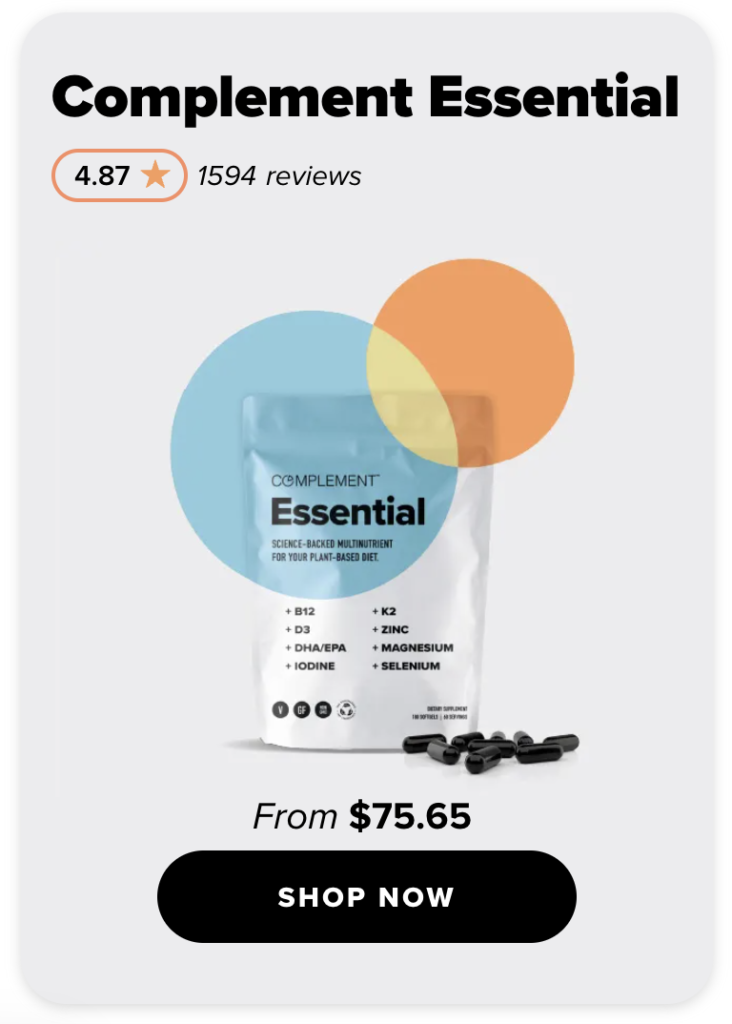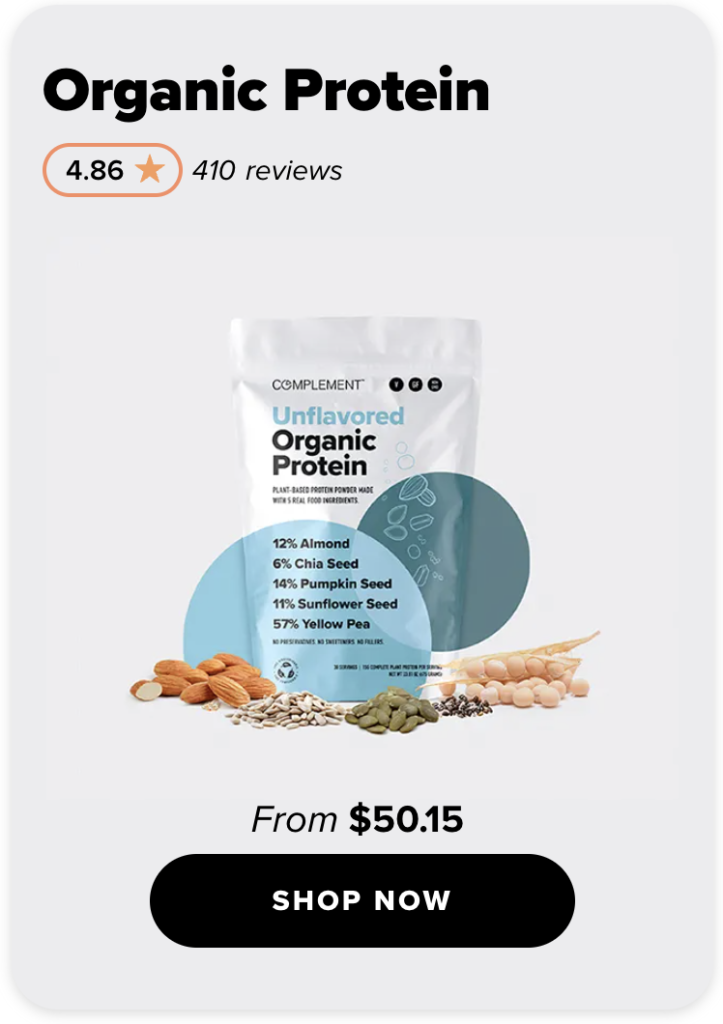Protein is an essential nutrient that plays a crucial role in the body. It’s needed for the growth, repair, and maintenance of tissues, as well as for the production of enzymes, hormones, and other molecules. While animal products are the most common sources of protein, it’s possible to get enough plant-based protein through a vegan diet. In this article, we’ll discuss the importance of protein, how much protein you need, and some high-protein vegan foods to include in your diet.
Why protein is important
Protein is made up of smaller units called amino acids, which are the building blocks of the body. There are 20 different amino acids, and the body can produce 11 of them. The other nine amino acids, known as essential amino acids, must be obtained from the diet. If you don’t get enough of any of these essential amino acids, your body won’t be able to function optimally.
What proteins do
- Building and repairing tissues: Protein is needed to build and repair tissues, such as skin, hair, nails, muscles, and organs.
- Enzyme production: Enzymes are proteins that help chemical reactions in the body, such as digestion and metabolism.
- Hormone production: Hormones, such as insulin and testosterone, are also made of protein.
- Fluid balance: Protein helps to maintain fluid balance in the body by regulating the movement of fluids into and out of cells.
- Immune function: Protein is needed for the production of antibodies, which help to protect the body from infections and diseases.
- Transport: Protein helps to transport molecules around the body, such as oxygen and nutrients.
How much protein?
The recommended daily intake of protein varies depending on your age, sex, and level of physical activity. In general, adults should aim for 0.8 grams of protein per kilogram of body weight per day. For example, if you weigh 68 kilograms (150 pounds), you should aim for about 55 grams of protein per day. However, if you’re pregnant, breastfeeding, or have a physically demanding job or participate in regular intense exercise, you may need more protein.
Vegan sources of protein
While animal products are the most common sources of protein, there are many plant-based sources of protein that can be included in a vegan diet. Here are some great plant-based protein options to include in your diet:
- Legumes: Legumes, such as beans, lentils, and chickpeas, are a good source of protein and are also high in fiber, vitamins, and minerals. One cup of cooked beans provides about 15 grams of protein.
- Tofu: Tofu, also known as bean curd, is made from soybeans and is a good source of protein. It’s also high in other nutrients, such as iron and calcium. One cup of tofu provides about 20 grams of protein.
- Nuts and seeds: Nuts and seeds, such as almonds, pistachios, and pumpkin seeds, are a good source of protein and are also high in healthy fats, fiber, and other nutrients. One ounce of almonds provides about 6 grams of protein.
- Grains: Grains, such as quinoa and oats, are a good source of protein and are also high in other nutrients, such as fiber and B vitamins. One cup of cooked quinoa provides about 8 grams of protein.
- Greens: Leafy greens, such as broccoli and spinach, are not a major source of protein but can contribute to your daily protein intake. One cup of cooked broccoli provides about 4 grams of protein.
- Soy milk: Soy milk is made from soybeans and is a good source of protein. It’s also high in other nutrients, such as calcium and vitamin D. One cup of soy milk provides about 8 grams of protein.
- Tempeh: Tempeh is made from fermented soybeans and is a good source of protein. It’s also high in other nutrients, such as iron and B vitamins. One cup of tempeh provides about 31 grams of protein.
- Nutritional yeast: Nutritional yeast is a type of deactivated yeast that is high in protein and B vitamins. It has a nutty, cheesy flavor and can be used as a condiment or added to dishes to boost the protein content. Two tablespoons of nutritional yeast provide about 8 grams of protein.
Including a variety of these high-protein vegan foods in your diet can help you meet your protein needs. It’s also important to eat a balanced diet that includes a variety of other plant-based foods, such as fruits, vegetables, and whole grains, to ensure you’re getting all the nutrients you need.
Protein supplements
If you’re concerned about getting enough protein on a vegan diet, you may consider taking a protein supplement. There are several vegan plant-based protein supplements available, such as pea protein, soy protein, and hemp protein. These supplements can be a convenient way to boost your protein intake, but they should not be relied upon as the sole source of protein in your diet. It’s important to also get protein from whole foods, as they provide a range of other nutrients that are important for good health.
Conclusion
It’s possible to get enough protein on a vegan diet by including a variety of high-protein vegan foods in your diet, such as legumes, tofu, nuts and seeds, grains, and soy products. It’s also important to eat a balanced diet that includes a variety of other plant-based foods to ensure you’re getting all the nutrients you need. If you’re concerned about getting enough protein, you may consider taking a protein supplement, but it’s important to also get protein from whole foods.
Research Citations:
- “Amino Acids.” National Institutes of Health. U.S. Department of Health and Human Services, 13 Jan. 2021. Web. 8 Jan. 2023.
- “Protein: Function, Deficiency, and Role in the Body.” Healthline. Healthline Media, 9 Mar. 2021. Web. 8 Jan. 2023.
- “Protein: How Much Do You Need Every Day?” Mayo Clinic. Mayo Foundation for Medical Education and Research, 6 Mar. 2021. Web. 8 Jan. 2023.
- “Protein in the Vegan Diet.” Vegan Society. Vegan Society, n.d. Web. 8 Jan. 2023.
- “Plant-Based Protein Sources.” American Heart Association. American Heart Association, 22 Mar. 2021. Web. 8 Jan. 2023.
- Some research for this article was compiled with the assistance of ChatGPT/OpenAI







